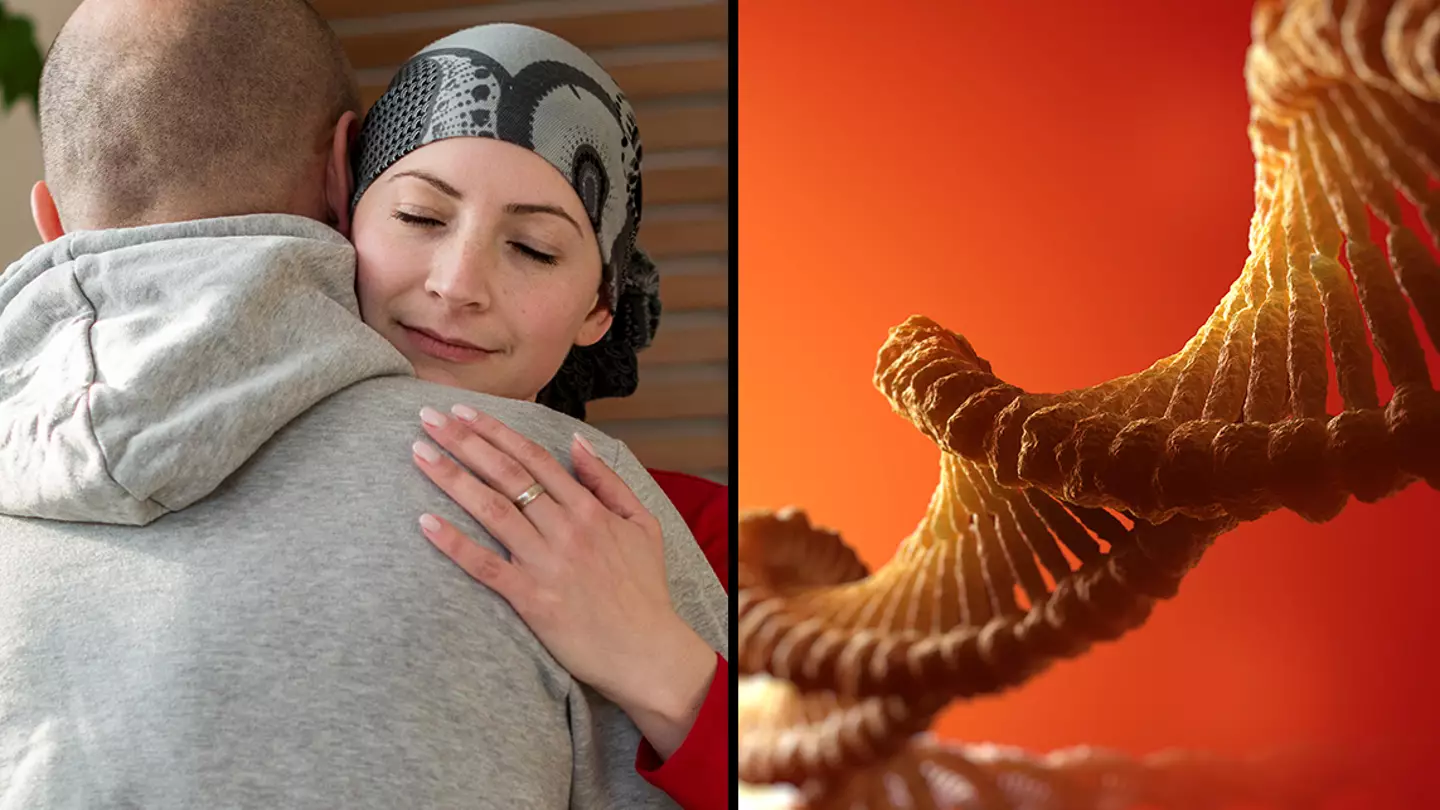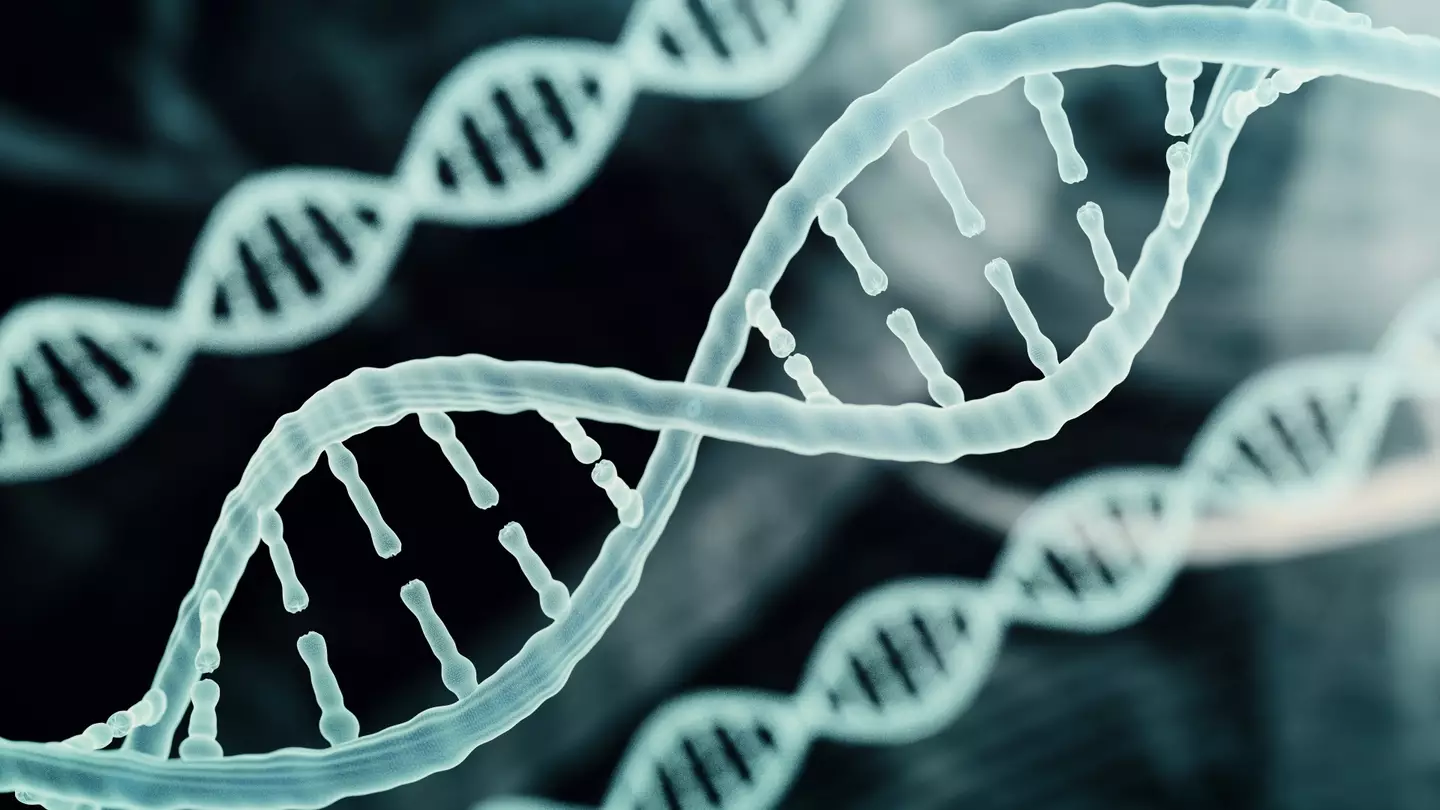
Scientists believe a new breakthrough could pave the way to a cure for cancer.
A new breakthrough, in which DNA can be used to kill cancer cells, has been created by researchers.
The new method targets breast, cervical and malignant melanoma cells by using a pair of DNA injected into cancer cells.

Advert
Testing the method in mice, the cancer-killing DNA binds to microRNA, which is produced in specific different cancers.
This in turn creates an immune response, which ultimately destroys the cancer cells.
The research, conducted in Japan, was published in the Journal of the American Chemical Society and scientists involved in the study believe it could be the start of a breakthrough in treating cancer.
It's especially significant because using DNA and RNA to treat cancer can be particularly difficult as it's challenging for the molecules to understand the difference between healthy cells and those that are cancerous.

Advert
An author of the study, professor Akimitsu Okamoto of the University of Tokyo, said: “The results of this study are good news for doctors, drug discovery researchers and cancer patients, as we believe it will give them new options for drug development and medication policies.
“Next, we will aim for drug discovery based on the results of this research, and examine in detail the drug efficacy, toxicity and potential administration methods.”
Earlier this year, we told you how some scientists hope to have a cancer vaccine ready for use by 2030.
The scientists behind the Pfizer/BioNTech Covid-19 jab have revealed a cancer vaccine could be ready by the end of the decade.

Advert
Uğur Şahin and Özlem Türeci, are hopeful about their recent ‘breakthrough’ for melanomas, bowel cancer and other tumour types.
Professor Türeci explained during an interview with the BBC’s Sunday with Laura Kuenssberg: “What we have developed over decades for cancer vaccine development has been the tailwind for developing the Covid-19 vaccine, and now the Covid-19 vaccine and our experience in developing it gives back to our cancer work.
“We have learned how to better, faster manufacture vaccines. We have learned in a large number of people how the immune system reacts towards mRNA.
“mRNA acts as a blueprint and allows you to tell the body to produce the drug or the vaccine… and when you use mRNA as a vaccine, the mRNA is a blueprint for the 'wanted poster' of the enemy - in this case cancer antigens which distinguish cancer cells from normal cells."
Topics: Health
